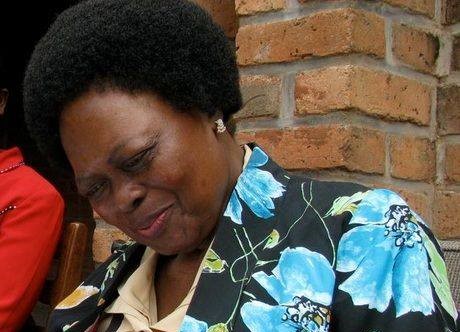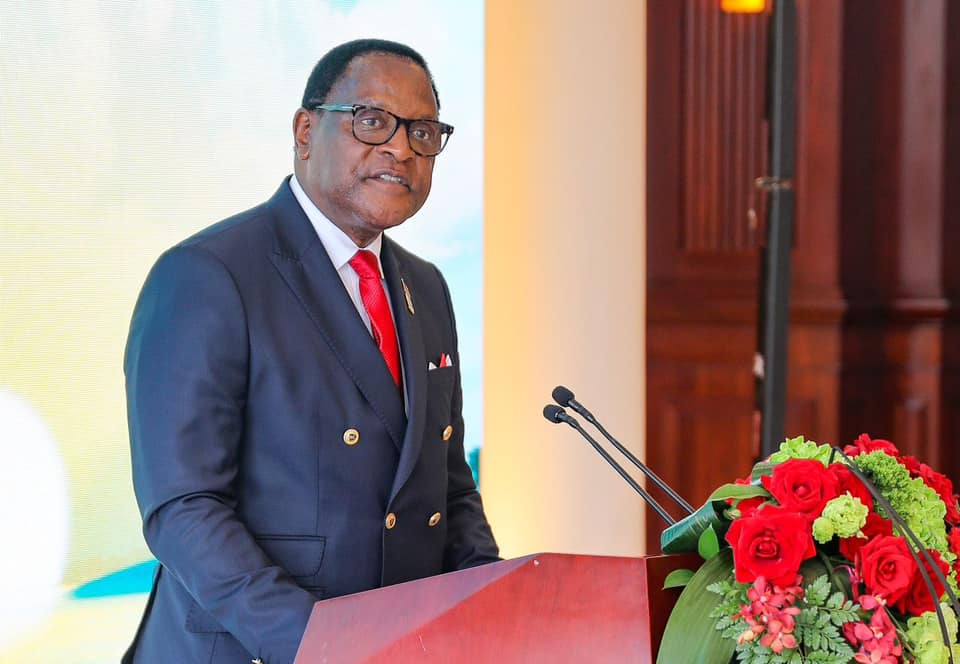Fresh conflict over ex-Kamuzu ally estate
A fresh bud of land conflict has emerged from the past Malawi Congress Party dictatorial trail. At the centre of the storm is executed former Cabinet minister Albert Muwalo.
Currently, some villagers in Kapiri, Mchinji District are ganging up to grab part of Chikumbutso Estate—which the once key political figure in the 1960s and 1970s—owned.

This comes on the back of a court land ownership fight between the family of once-exiled politician late Kaphwiti Banda and former government official hostess Cecilia Tamanda Kadzamira over Chalimbana Estate in the district as well.
In the recent case, the communities, with the backing of senior traditional leaders, claim that Muwalo grabbed their land to set up the farm.
“We were forced out of our land in the 1970s and settled near river banks. We want our land back,” said Sub-Traditional Authority (ST\A) Chimwala, whose subjects she says were severely affected.
She adds that their drive to retain their land has been strengthened by the increase in their population resulting in “struggles to have enough land to grow crops.”

The ST\A said those demanding their land are around 3 000 and have since petitioned the Mchinji District Council to intervene in their fight.
“We wrote to the council some weeks ago. However, we were asked to go through the senior chief. We have done just that and we are waiting for feedback,” she said.
In an interview on Wednesday, Senior Chief Dambe confirmed writing the district council as well as the farm’s current management.
“I engaged the farm management on the issue. Unfortunately, I didn’t get a convincing response. I am planning to meet them again and, once that fails to yield any tangible results, we will look at other avenues,” he said.
The senior chief revealed that he has taken a keen interest in the matter in appreciation of the land challenges his subjects are facing.
“If the problem wasn’t serious, I wouldn’t have joined this fight. The issue is that we don’t want the whole estate but some portion which the estate itself doesn’t cultivate,” he said.

The Office of the Ombudsman report published in 2017 established that 24 000 claimants of the atrocities of the one-party State were not compensated despite their complaints being declared legitimate.
Titled unhealed wounds, the Ombudsman’s report emanated from a year-long investigation which alleged maladministration involving the operationalisation and closure of the National Compensation Tribunal (NCT).
The MCP one-party rule lasted for 30 years before the country adopted multipartyism in 1993. It is accused of murdering perceived political opponents, initiating politically motivated arrests and property grabbing among other human rights violations.
Meanwhile, observers have attributed the continued resurfacing of conflicts over property ownership linked to the past regime due to government’s failure to thoroughly track and compensate victims despite years of advocacy.
Said Centre for Human Rights and Rehabilitation (CHRR) executive director Michael Kaiyatsa: “There’s no way these issues are going to die unless government addresses them through national reconciliation and also resuscitating the National Compensation Tribunal.”
President Lazarus Chakwera, in his State of the Nation Address delivered in September 2020, promised to constitute a Truth and Reconciliation Commission to handle complaints about his party’s past human rights abuses.
However, three years down the line it is yet to be established. Meanwhile, the CHRR executive director observes that there is no political will.
“When the Tonse Alliance came into power, they expressed political commitment that they are going to resolve this issue once and for all.
“Over the years that will has died down. We engaged the government over the issue and nobody is saying anything.
“What I see is that government is under the illusion that with the passage of time the issue will die down. It won’t.
“What is happening now is that some of the direct victims are dying but they are leaving behind children. So, these issues will be carried over from generation to generation,” Kaiyatsa said.
Minister of Information and Digitalisation Moses Kunkuyu had not responded to our questionnaire seeking government’s position on establishing the Truth and Reconciliation Commission and compensation pay-outs.
Muwalo served as MCP administrative secretary. He was rewarded for his loyalty to Kamuzu with the cabinet post of Minister of Information in 1964





